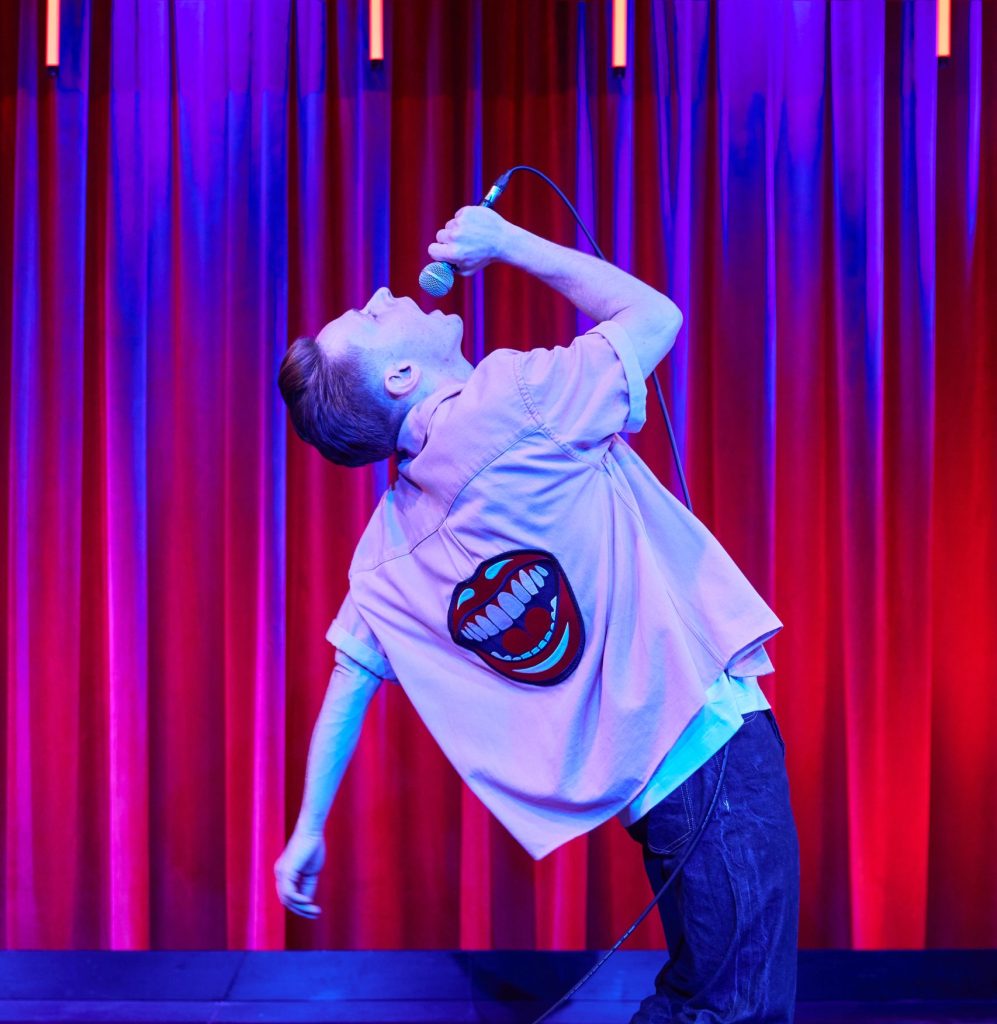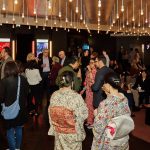Brett Sheehy AO is back in South Australia gearing up for Adelaide Festival 2025 as Artistic Director. It’s an appointment he’s had before, and he’s relishing the opportunity to get his hands on the reins once more. Brett has worked in multiple jobs from multiple angles in a stellar career, often drawing on his own own artistic practice of dramaturgy to nurture and develop artists and performances, and now you might find him leading the way as an artistic director, a producer, an educator, and as a creative consultant, with educational institutions such as NIDA, or producing companies such as Michael Cassel Group.
After a brief career in law in Queensland he joined Sydney Theatre Company (STC) where he was variously Artistic Associate, Literary Manager & Deputy General Manager. After leaving STC, Brett artistically and administratively led four major arts organisations -Sydney Festival (Festival Director & CEO 2001 to 2005), Adelaide Festival (Artistic Director & Co-CEO 2006 to 2008), Melbourne Festival (Artistic Director & Co-CEO 2009 to 2012) and Melbourne Theatre Company (Artistic Director & CEO 2013 to 2022).



Brett’s tenures have been renewed and extended multiple times at every organisation he has led. Works programmed and curated by Brett have earned a total of 117 Helpmann Award nominations, winning 24. He is the on-going mentor to multiple arts executives and cultural leaders across Australia, and internationally. He is also an alumnus of the esteemed Cranlana Ethical Leadership Colloquium. In 2012, Brett was appointed an Officer of the Order of Australia ‘for distinguished service to the performing and visual arts as a director of national festivals, to international artistic exchange, and through mentoring roles.’
And so, a few weeks out from the next edition of the festival, it was only fitting that Brett Sheehy AO sat down with Irresistible on a Friday morning just before Christmas. We probed deep to find out what his journey to the top has been like, how he feels about the profound responsibility of putting great art out into the world, and, of course, what his gym schedule is like.













Adelaide Festival
28th February – 16th March 2025
65 EVENTS
11 WORLD PREMIERES
9 AUSTRALIAN PREMIERES










